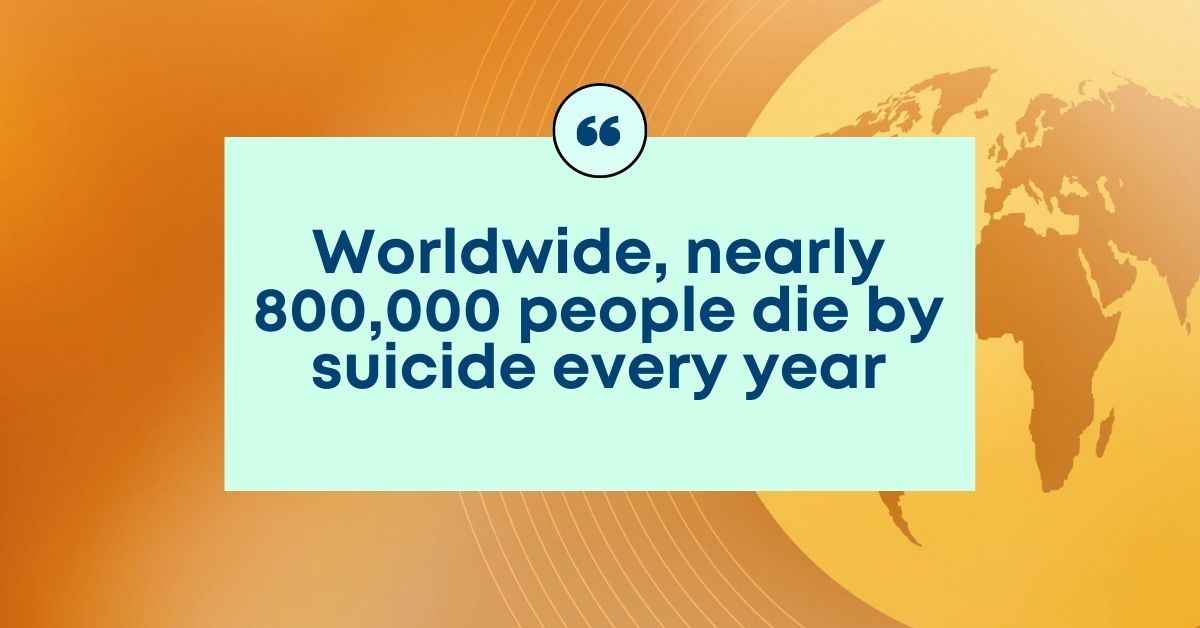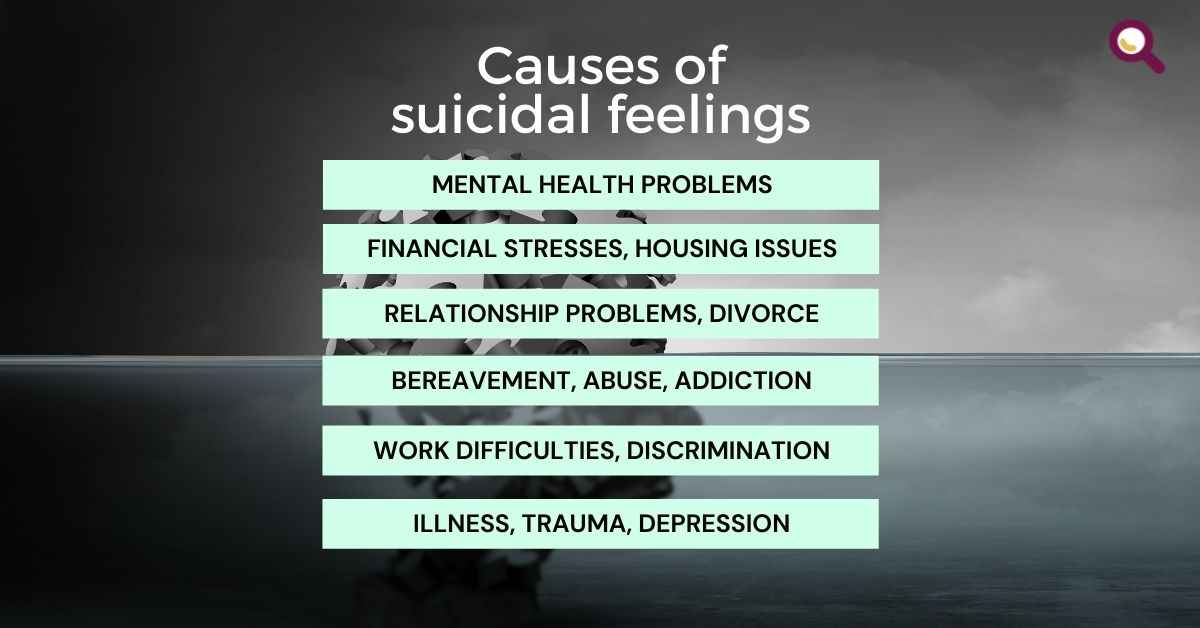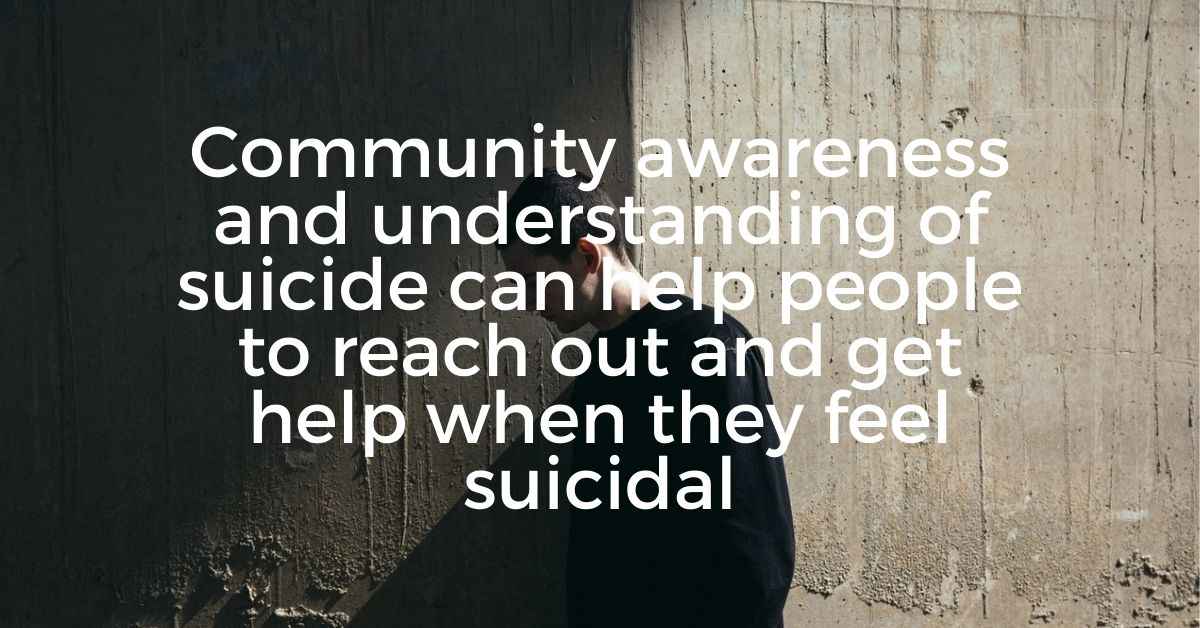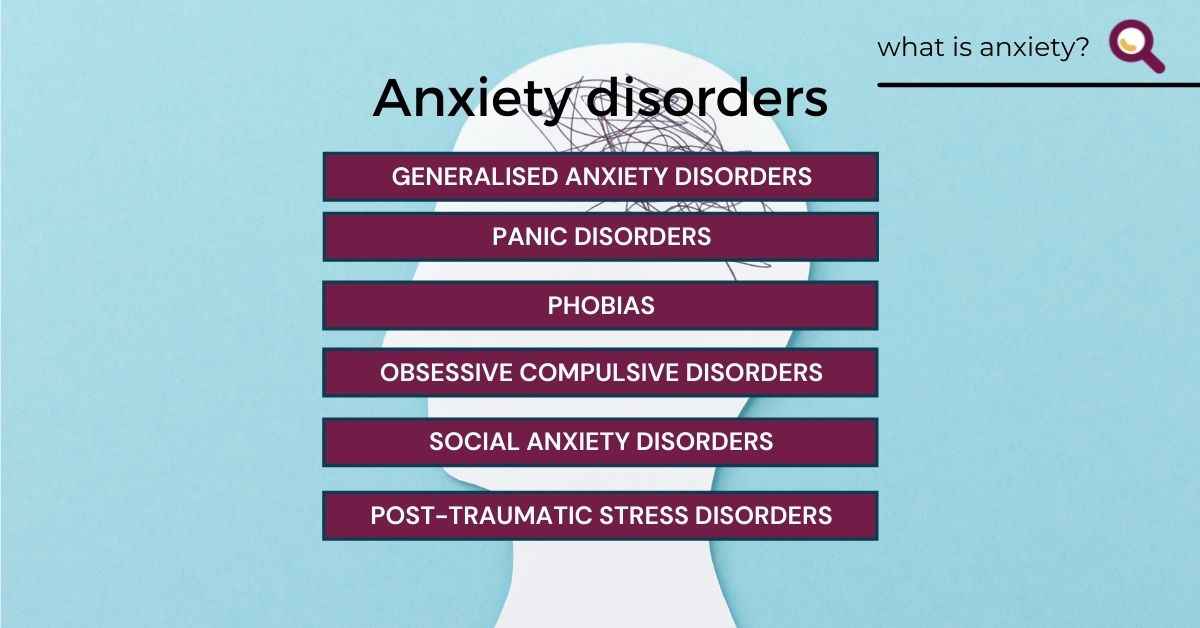Reviewed By Cara Swanston - Registered Member MBACP Adv. Dip.
Understanding Suicidal Thoughts
20 July 2021
If you or someone you know is feeling suicidal, you might be scared, overwhelmed or confused. But you’re not alone.
If you or someone you know is feeling suicidal, you might be scared, overwhelmed or confused. But you’re not alone. Support is available when you need it most and you don’t have to go through these difficult feelings on your own.
If you feel like life isn’t worth living and you’re thinking about suicide, it’s important to reach out. This feeling won’t last forever and you can get the help you need to get back to a place where you feel secure and positive about your future. Visit our guide me section for more advice on what to do if you’re feeling suicidal.
What is suicide?
Suicide is the act of intentionally ending your own life, and right now, suicide is a public health priority affecting anyone at any age, of any gender or background. Close to 800,000 people around the world die by suicide every year.
In Northern Ireland, more people have died by suicide than were killed during 30 years of conflict between the years of 1998-2016. In 2016, more than 4,400 suicide deaths were recorded compared to 3,600 killed in nearly a decade of war. Research found about one in eight children and young people aged up to 19 years old have thought about or attempted suicide.

What does it feel like to be suicidal?
Feeling suicidal means having suicidal thoughts or suicidal ideation. Thoughts of killing yourself can range from making a detailed plan to having a passing consideration and it can also mean thinking about suicide methods. Suicidal thoughts are an indication of a wider mental health issue which may cause a person to feel low, worthless, hopeless, or to feel isolated and unable to escape difficult emotions.
Suicidal thoughts can develop over time, particularly if someone feels like they can’t continue living their life as they are. Every person’s experience of feeling suicidal is different and it’s common for someone not to understand why they feel this way or to struggle with stopping these feelings once they arrive.
If someone’s feeling suicidal, they might:
Feel worthless
Think people would be better off without them
Feel hopeless or despairing
Feel overwhelmed by negative thoughts
Feel socially isolated or cut off from friends and family

A person’s behaviour may change and they might experience:
A desire to self harm
A change to their sleeping and eating patterns
No desire to socialise
Avoiding other people
A breakdown in communication
Less enjoyment in activities that brought them happiness
Less interest in their appearance
Neglecting self-care, like showering or brushing their teeth
Self-loathing or a lack of self confidence
How long someone experiences suicidal feelings is different from person to person, but many feel as though they’ve lost hope or they’ll never feel like themselves again.
Who’s at risk of suicide?
There’s an established connection between suicide and mental health disorders, such as depression and alcohol or drug-use related disorders. But suicide can also happen impulsively in a crisis, when life’s hardships cause someone to feel unable to cope.
Communities most at risk of suicide are those experiencing violence, conflict, disaster, loss or isolation. Rates of suicides are high amongst vulnerable groups who experience discrimination because of their gender, race or background. Another indicator of the risk of suicide is a previous suicide attempt.

Despite the prevalence of suicide on international, national and local levels, suicide remains a taboo topic for many people in society to comfortably and openly discuss. Stigmas around mental heath disorders and suicide mean people don’t seek help when they feel mentally unwell, which increases the risk of taking their own life because they aren’t receiving the support they need.
Due to this stigma, it’s important to raise community awareness so more people feel safe and supported in accessing help or talking to friends and family.
What causes suicidal feelings?
The causes of suicide are complex and often linked to other mental health problems. Suicidal thoughts tend to come from feelings of depression, desperation, hopelessness, low self-worth and isolation.
Life’s difficulties can instigate low feelings or suicidal thoughts because these problems may feel insurmountable.
Life experiences which trigger suicidal thoughts may include, but are not limited to:
Financial stresses
Relationship problems, divorce or a break-up
Housing issues, including homelessness or risk of homelessness
Chronic or long-term health issues or illnesses
Bereavement
Substance abuse or addiction
Discrimination
Mental health problems
Being in prison
Work difficulties, such as a job loss, stress or daily pressures
Pregnancy or postnatal depression
Sexual orientation or gender identity
Trauma or abuse

What support is there?
Getting support is an important step towards feeling better. In 2019, more than 70% of people who died by suicide weren’t known to mental health services. For those going it alone – it doesn’t have to be this way.
The help you need is there, and like many others, you can make a recovery and continue living life in a way where you feel more content, secure and fulfilled. The earlier you get support or let someone know how you’re feeling, the sooner you will start to overcome these feelings and develop helpful coping techniques.
If you, or someone you know, is at risk of harm or you’re worried you can’t keep yourself or someone else safe until you get support, seek immediate help by calling 999 or going to A&E. |
If you’re experiencing suicidal thoughts:
|
Support options include seeking out mental health support services, speaking to someone on a helpline or getting one-to-one support, such as talking therapy, CBT, life coaching or creative therapies. Once you’ve decided on an option, it can help to prepare for getting the most of our your support so you can feel more empowered on your journey to greater wellbeing.
Get Inspired Further
lets talk about menopause
In simple terms, the menopause is when our hormone levels begin to change and we stop having periods. But it's so much more than that!
understanding self harm
If you’re self-harming, you don’t have to go through this alone, you can get the right support to improve your wellbeing.
Spotlight Network Personnel
Network Personnel deliver training and employment initiatives throughout Northern Ireland, Cavan and Monaghan.



